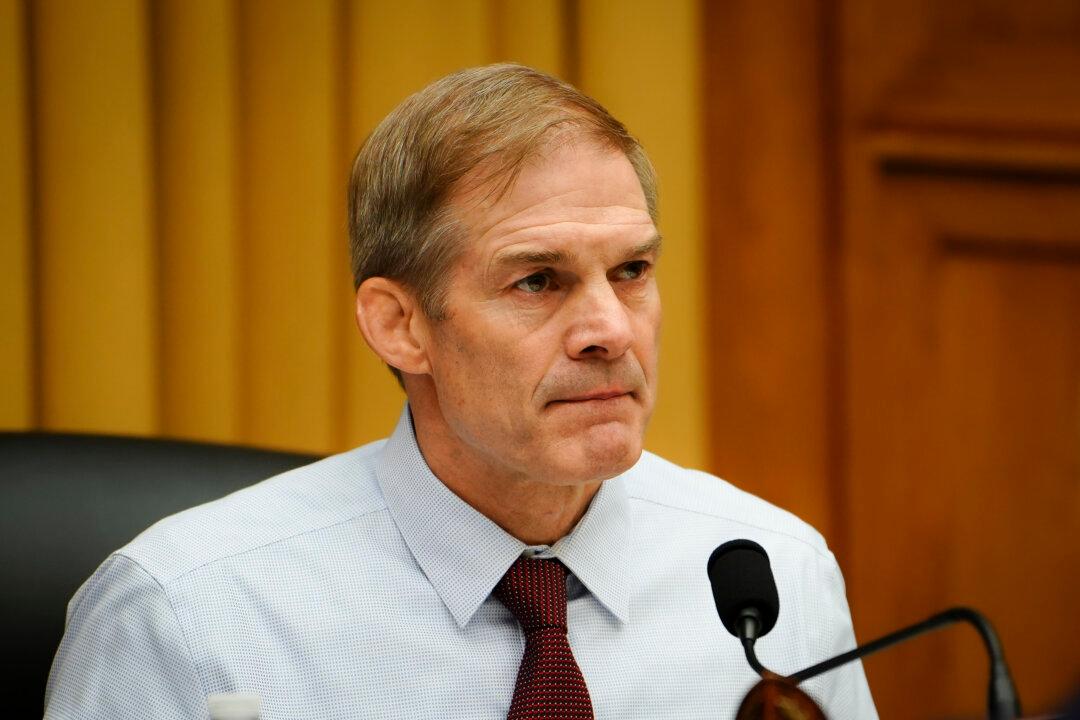House Republicans have called on the heads of companies including BlackRock and Vanguard to hand over an array of documents detailing how they developed their decarbonization and net zero emissions targets while warning that their efforts to combat climate change could violate U.S. antitrust law.
House Judiciary Chairman Jim Jordan (R-Ohio), Rep. Dan Bishop (R-N.C.), and Rep. Thomas Massie (R-Ky.) sent letters to heads of the companies: Glasgow Financial Alliance for Net Zero (GFANZ) and its Net Zero Asset Managers (NZAM) initiative—a sector-specific group of international asset managers within GFANZ that supports net zero greenhouse gas emissions by 2050, and has over $59 trillion in assets under its management—on July 5.




